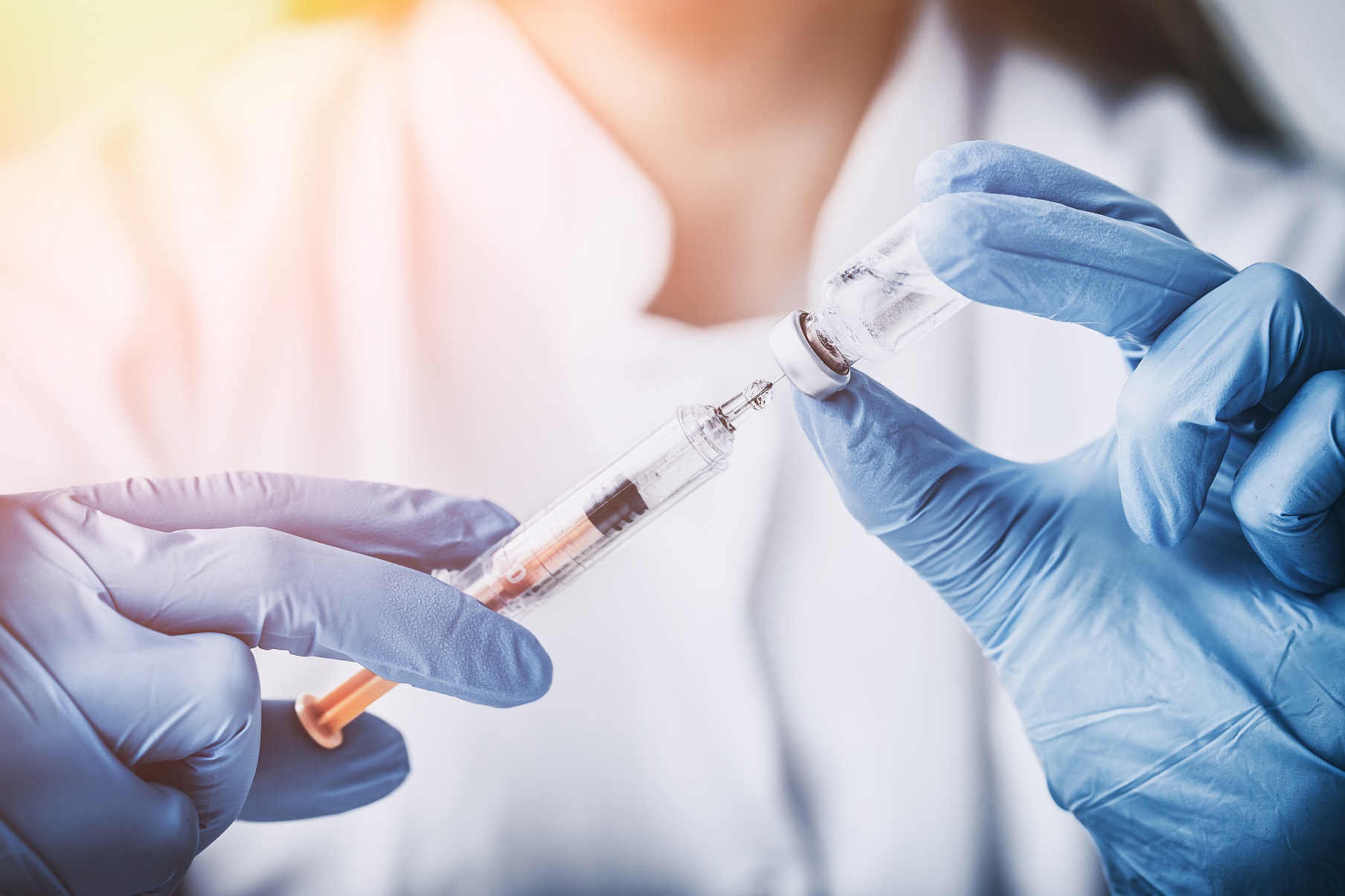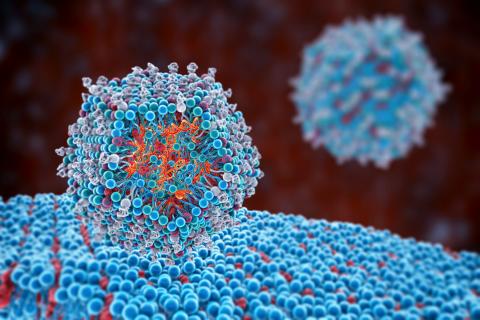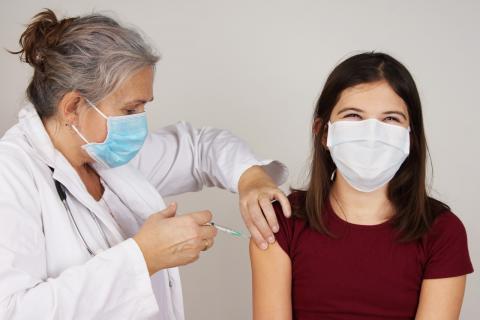When we think of a vaccine, we usually visualise an injectable drug that includes a pathogen - or part of it, or just genetic material from it - and is intended to prevent disease. However, in the media we hear about cancer vaccines - which do not target a micro-organism and, moreover, are often not preventive but therapeutic -, respiratory syncytial virus (RSV) vaccines - one of which is actually an antibody - and even "cholesterol vaccines".
Is the use of the term vaccine correct in so many cases, and what is a vaccine? The US Centers for Disease Control and Prevention (CDC) defines a vaccine as "a preparation used to stimulate the body's immune response against disease".
The National Institutes of Health (NIH), also in the US, defines a vaccine as a "substance or group of substances intended to stimulate the immune system's response to a tumour or to microorganisms, such as bacteria or viruses".
In other words: the key to talk about a 'vaccine' is not whether it protects against micro-organisms, whether it is preventive or injectable, but whether it stimulates our immune system.
Does it have to be preventive?
The idea we have of vaccines is that they are preventive drugs that will prevent us from becoming seriously ill if we come into contact with the pathogen in question.
However, some of the best known and oldest vaccines are also used after the fact. This is the case with the rabies vaccine: although it is used preventively in people at risk of contracting the disease, it is also used as a treatment - together with antibodies - once contact with a sick animal has occurred. Without it, lethality is almost 100%.
Another example is the tetanus vaccine. Again, although it can be used preventively, it can be used after a risky contact. In this case, moreover, the substance does not include inactivated parts of the pathogen, but of the toxin generated by the Clostridium tetani bacterium, devoid of its toxicity. For this reason, the term "toxoid" is sometimes used in technical circles when referring to this vaccine.
As for cancer vaccines, they are a form of immunotherapy which, in general, is not preventive but therapeutic. They work in a similar way to traditional vaccines because they also educate our immune system to fight a tumour.
Do they have to be injected?
Many vaccines are injected, but not all. Therefore, a vaccine can be, even if it is taken orally. The best known example is the oral polio vaccine (OPV) developed by Albert Sabin in the late 1950s, which is still used today. There are also nasal flu vaccines, which in Spain are used in children between 2 and 5 years of age.
Do they have to protect us from micro-organisms such as viruses and bacteria?
As we have seen, not always. Cancer vaccines, which would fall under the NIH definition of a vaccine, do not act against micro-organisms. Moreover, some of the most famous vaccines do not include or work against micro-organisms. In addition to the tetanus vaccine mentioned above, there is the diphtheria vaccine, which is also a toxoid. The two are given together in the DPT vaccine - which also includes the pertussis vaccine.
Do they have to stimulate the immune system?
No. This is the characteristic shared by all substances commonly referred to as vaccines. Therefore, the CDC and NIH definitions could include cancer immunotherapy, which we also call "vaccines".
However, these definitions would not include monoclonal antibodies such as nirsevimab in the so-called RSV 'vaccine'. This is because vaccines must 'train' our defences and induce active immunity - which is long-lasting and allows the body to remember the pathogen in the future - and not passive, as antibodies generally provide - which is short-lived, as the body will not be able to generate new antibodies if it needs them in the future.
It is simpler to determine that the drug inclisiran, much quoted in the press recently, is not a 'cholesterol vaccine'. Although this name has been used, it works in a completely unrelated way and does not affect immunity at all: the drug consists of an RNA that, when it enters liver cells, blocks the production of a protein important in cholesterol metabolism.




